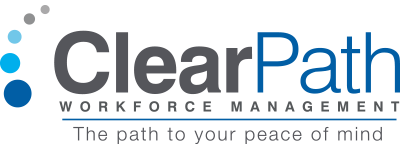In today’s workplace, we need to be aware of how certain ways of thinking and cognitive biases can interfere with organizational progress. There are some traditional ways of thinking by some members of management that can cause many companies to still hold on to the idea that workers who physically come into the office are more productive than their remote colleagues. That’s why “cognitive bias,” the set of faulty perceptions which can often taint our judgments, is growing in interest by many in leadership. There are several forms of cognitive biases, but one that is often overlooked in organizations is called “proximity bias.”1
HOW PROXIMITY BIAS CAN STIFLE PROGRESS IN THE WORKPLACE
Proximity bias is the incorrect assumption that people will produce better work if they are physically present in the office and managers can see (and hear them) doing their jobs.1 Some employees and managers still hold to this conviction, which can create cultural conflicts and divides between the office and remote workers. It is unfortunate that those employers still believe this myth because, with today’s technology and communication methods, it’s no longer accurate.
Many workers want to work remotely, and look for this type of flexibility in their workplace. In a study by Owl Labs, full-time remote workers said they’re happy in their job 22% more than people who never work remotely. The reasons respondents gave for their decision to work remotely were: better work/life balance (91%); increased productivity/better focus (79%); less stress (78%); and to avoid a commute (78%).2 Not surprisingly, Owl Labs also found that employees are more loyal to companies that offer them increased flexibility. The number of remote workers surveyed who said they’re likely to stay in their current job for the next five years is 13% higher than on-site workers.2
With so many companies using remote workers, companies need to make sure they have a clear Telecommuting Policy. In ClearPath’s employee handbook, our Telecommuting Policy considers
“telecommuting to be a viable alternative work arrangement in cases where individual, job and manager characteristics are best suited to such an arrangement. Telecommuting allows ClearPath
employees to work at home, on the road, or in a satellite location for all or part of their regular workweek. Telecommuting is a voluntary work alternative that may be appropriate for some employees and some jobs. Telecommuting is not an entitlement. Telecommuting is not a companywide benefit and in no way changes the terms and conditions of employment with ClearPath.”
Don’t forget to include remote workers in meetings held in the office. It’s easy to forget employees that aren’t physically present. Management style for remote workers needs to be potentially altered and different than for in-office workers. In my experience, management is more concerned about results that can be measured. It is also important to consider remote workers for new opportunities. There is the element of trust that goes along with having remote workers.
If your organization is just starting to use remote workers, you may want to try an initial three-month period. Evaluate the employee’s performance during the trial period. This will include daily interaction by phone, teleconferencing, and email between employee and manager, as well as weekly or bi-weekly face-to-face meetings to discuss work progress and concerns. Face-to-face meetings can be done inexpensively via teleconferencing software. At the conclusion of the trial period, the employee and manager will each complete an evaluation of the arrangement and make recommendations for continuance or modifications.
Don’t let your or your workers’ biases hinder your organization’s progress. There are only going to be more and more remote workers in the future. ClearPath can help you design a solution pertaining to your contingent workers. We can help relieve this burden by outsourcing your back-office Human Resources and Payroll functions to our Employer of Record service. Contact us to learn more about how our expert personalized service can let you get back to focusing on your business goals. Work with a leader in the industry for outsourced Human Resources and Payroll functions associated with W-2 and 1099 contingent workers. Let ClearPath be the path to your peace of mind. For other questions about assessing your workforce or conducting a review of your current hiring processes, the ClearPath team can assist you.
Source:
1 https://www.fastcompany.com/90423310/how-proximity-bias-holds-employees-and-workplaces-back
2 https://www.businessinsider.com/study-says-remote-workers-are-happier-stay-in-jobs-longer-2019-9
- Written by: Connie Wendt
- Posted on: January 20, 2020
- Tags: EMPLOYER OF RECORD SERVICE, ENGAGING W-2 WORKERS, FORM I-9, FREELANCER, INDEPENDENT CONTRACTOR COMPLIANCE, TEMPORARY WORKER, W-2 Worker Classification, Workforce Classification

